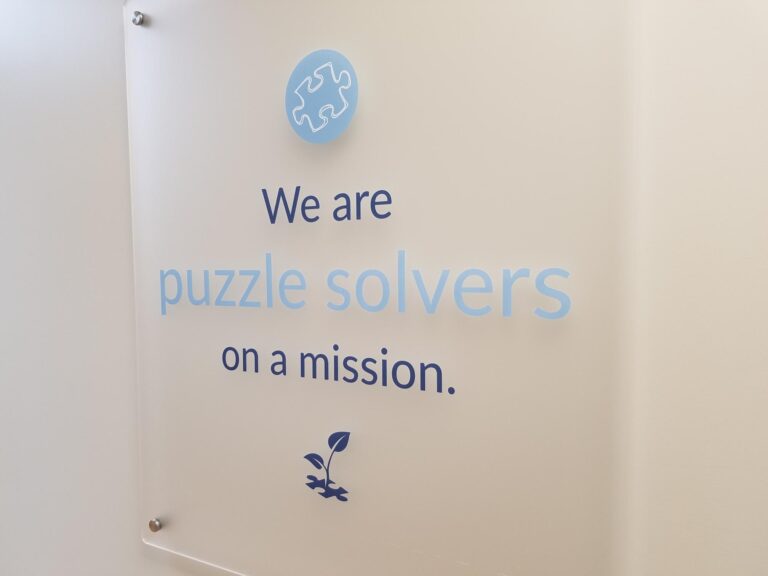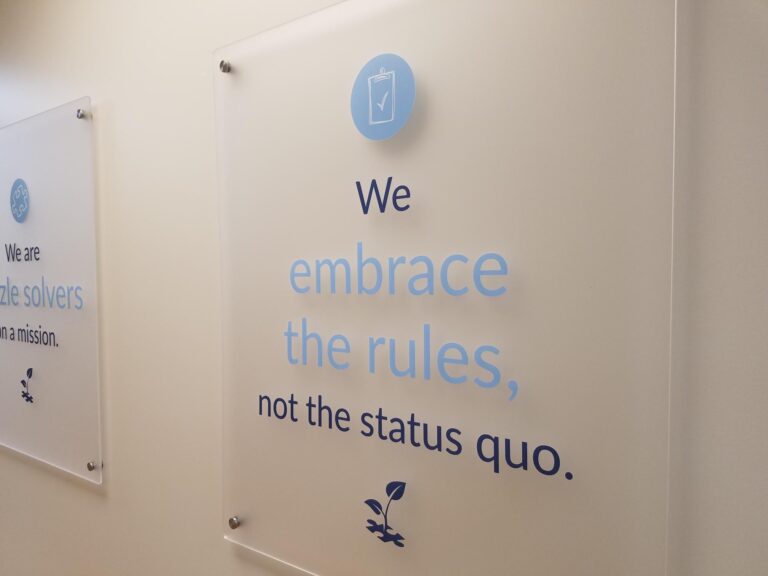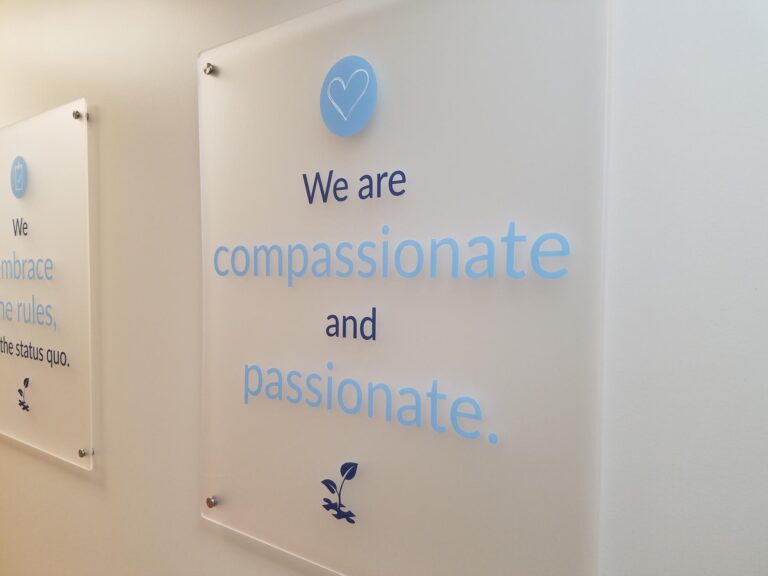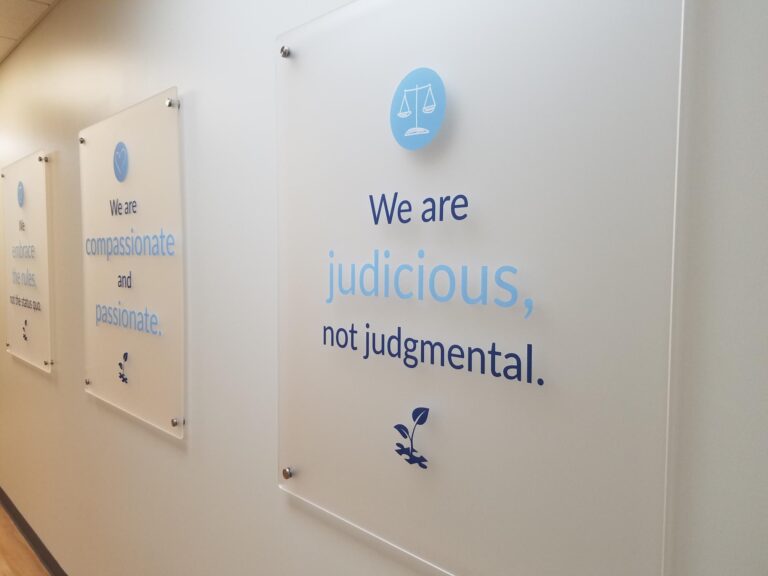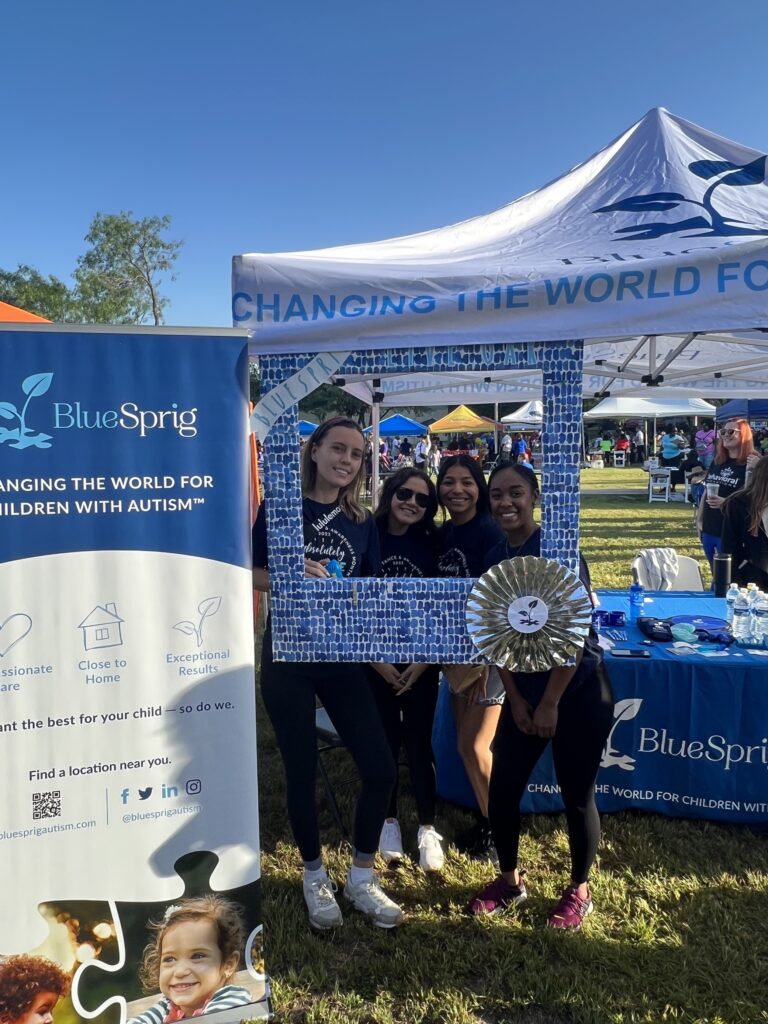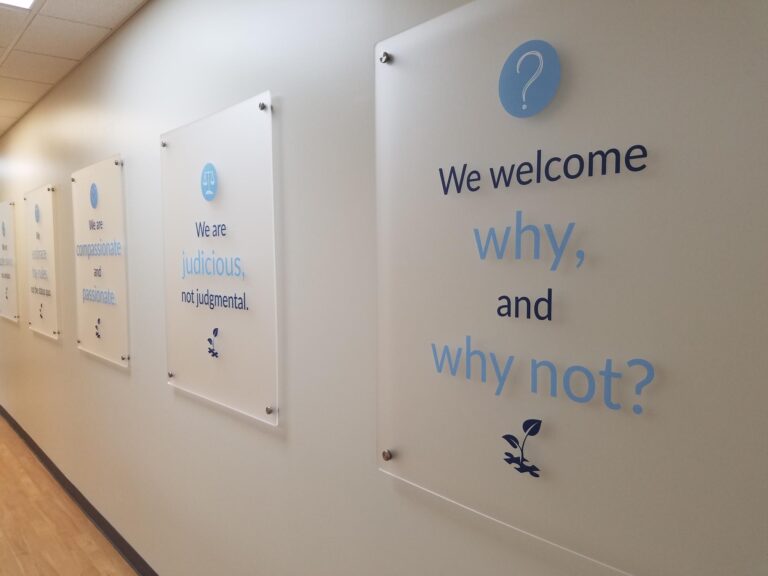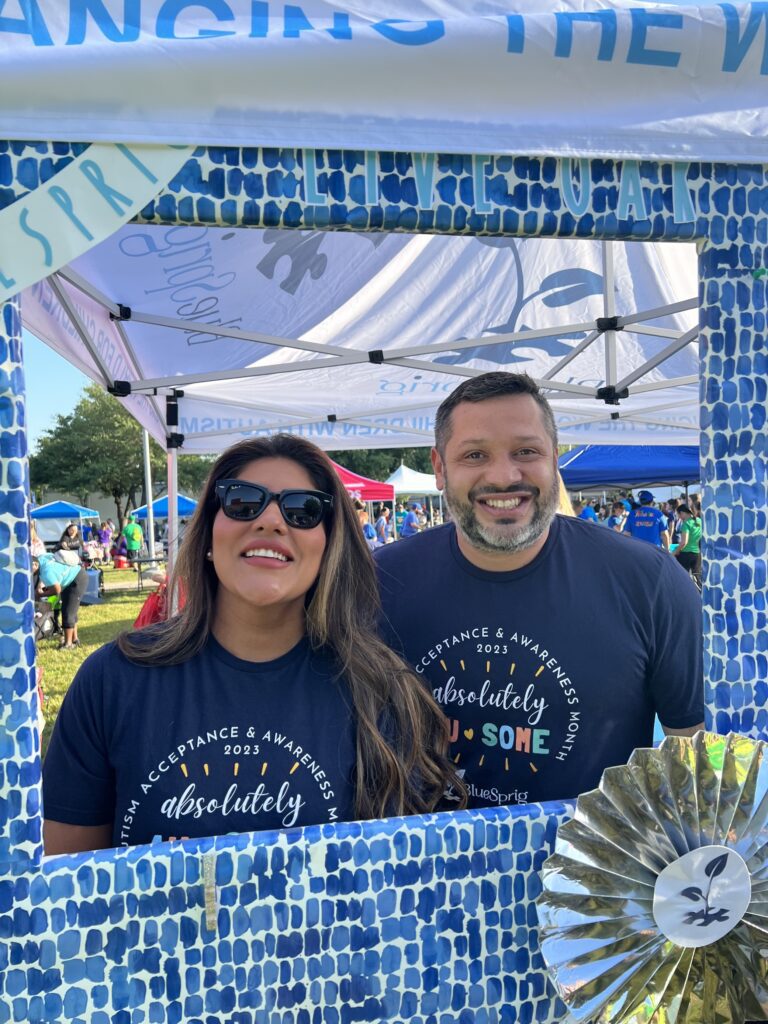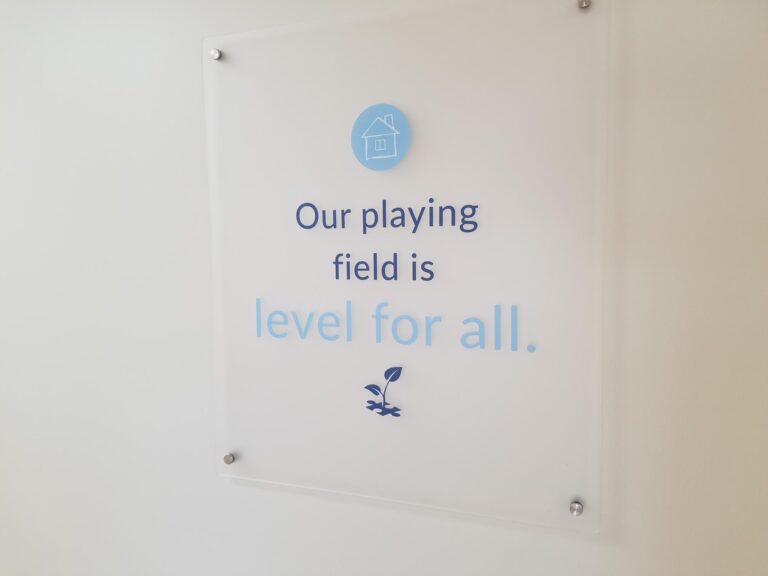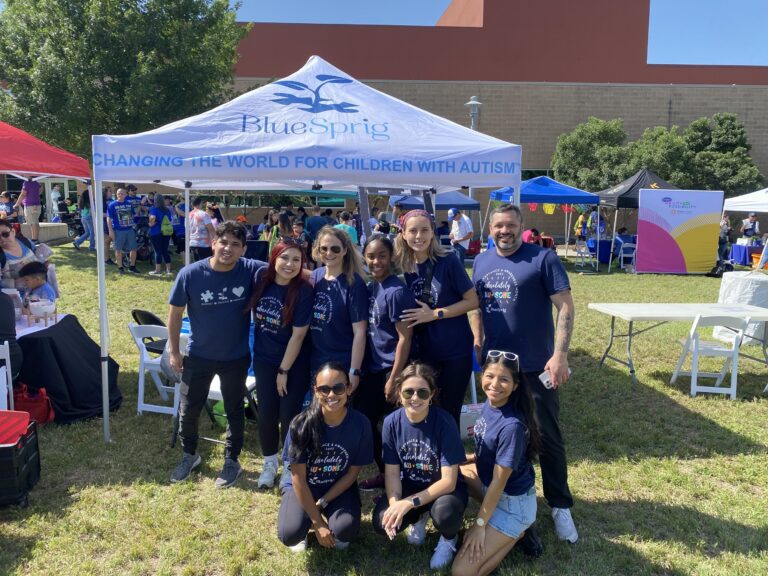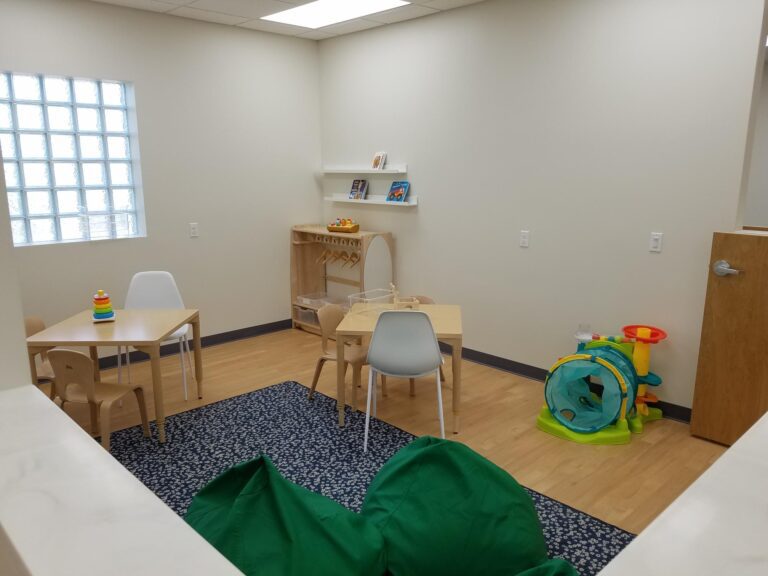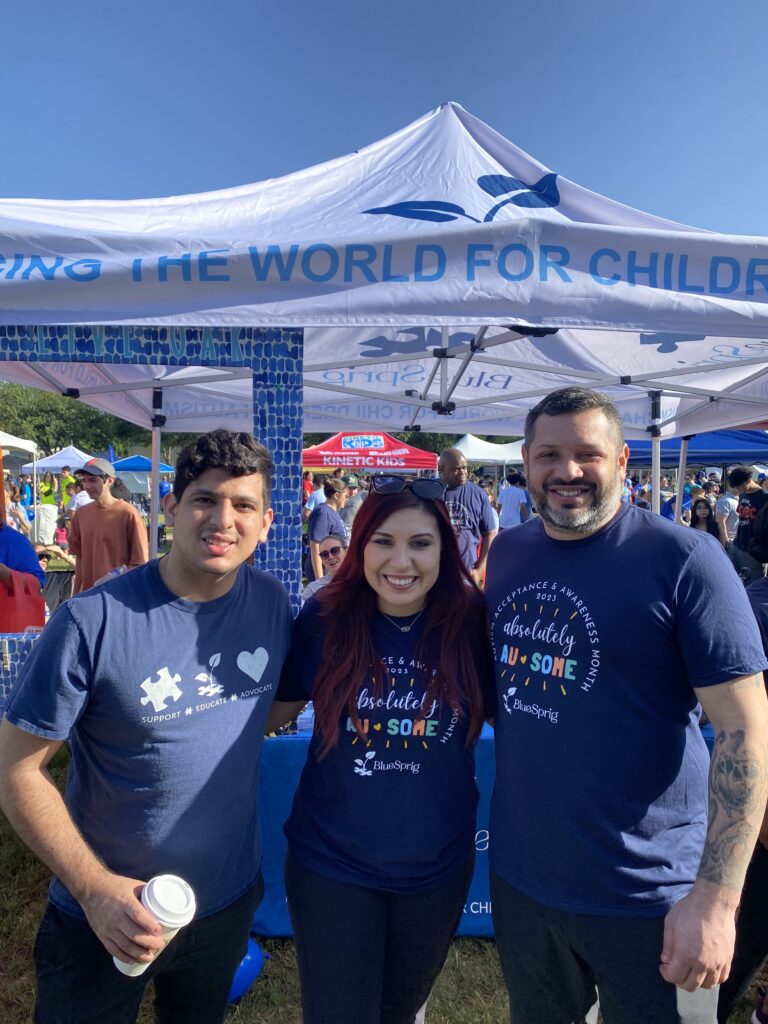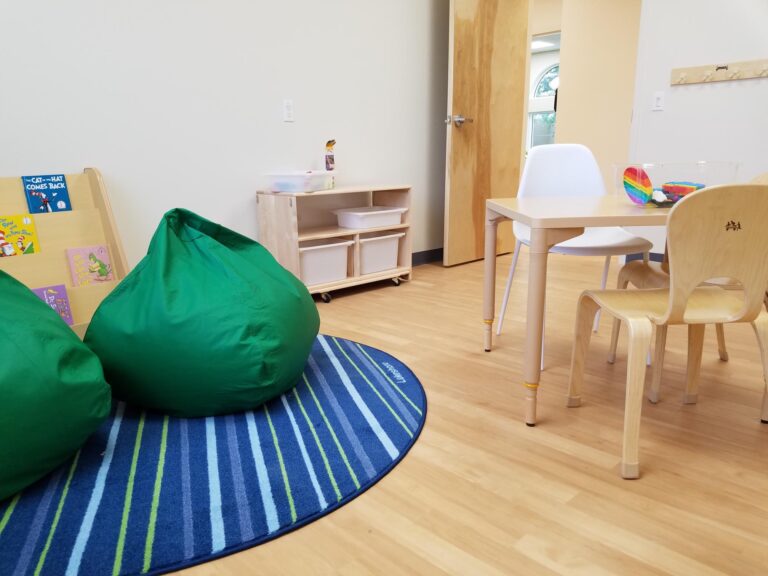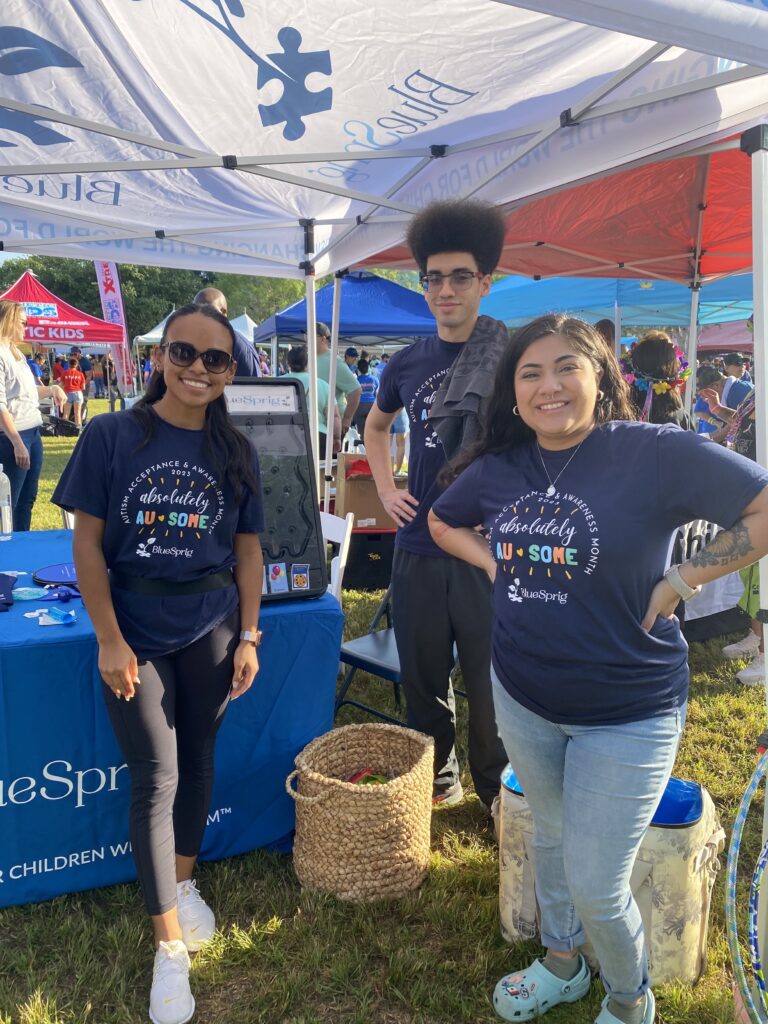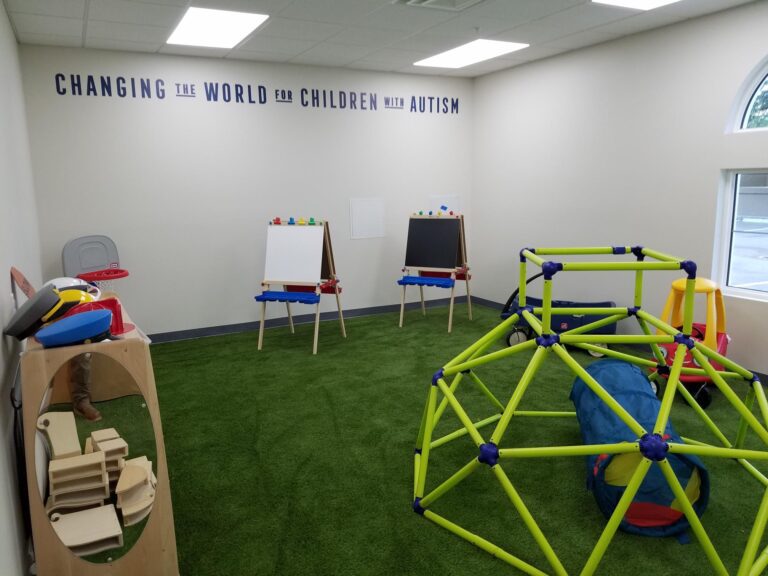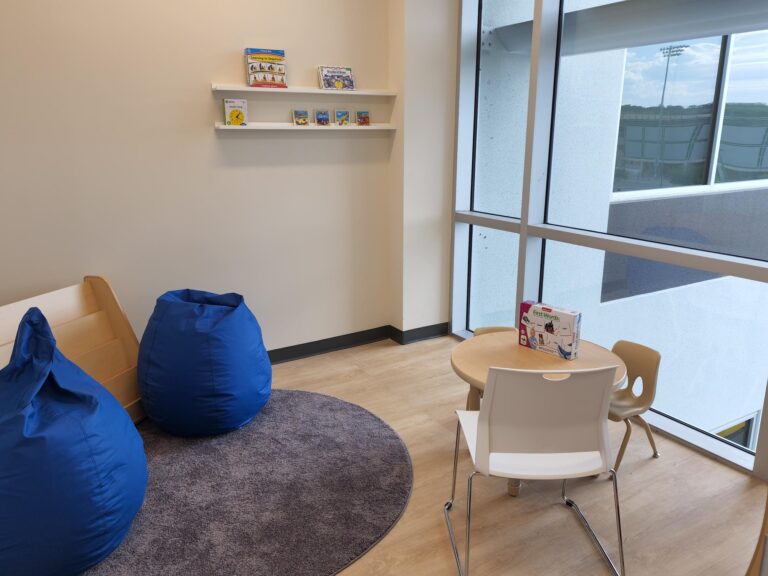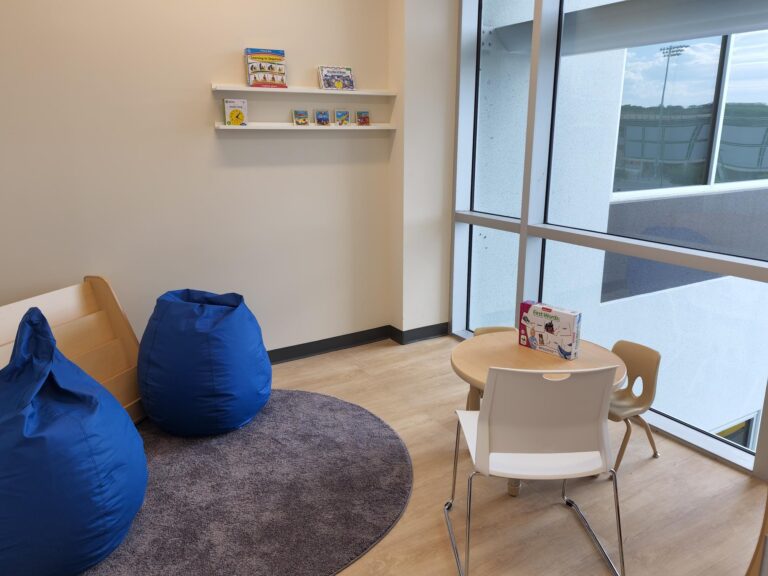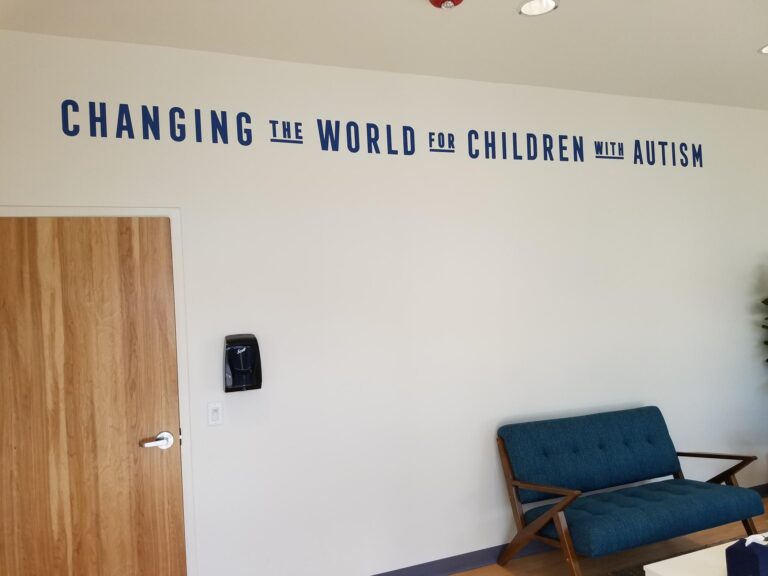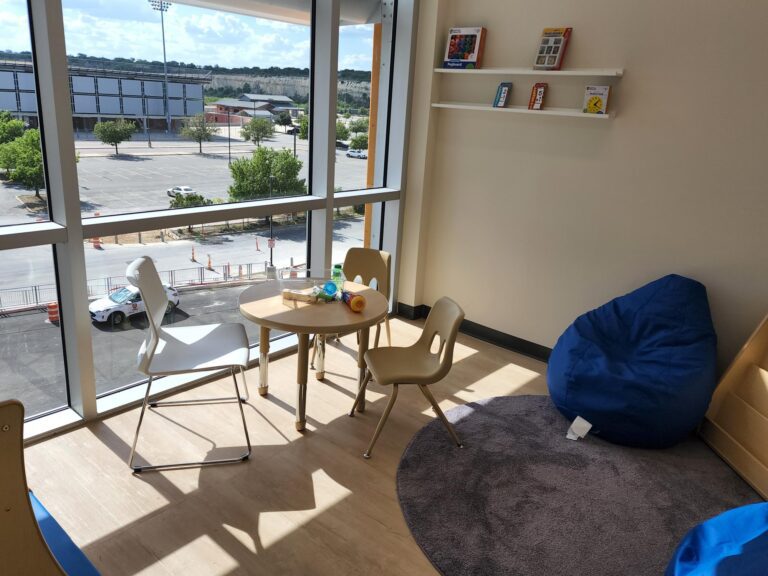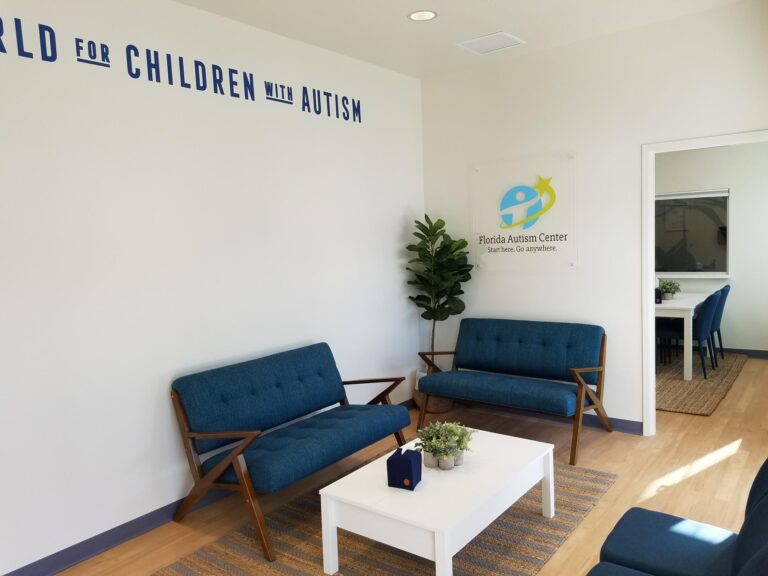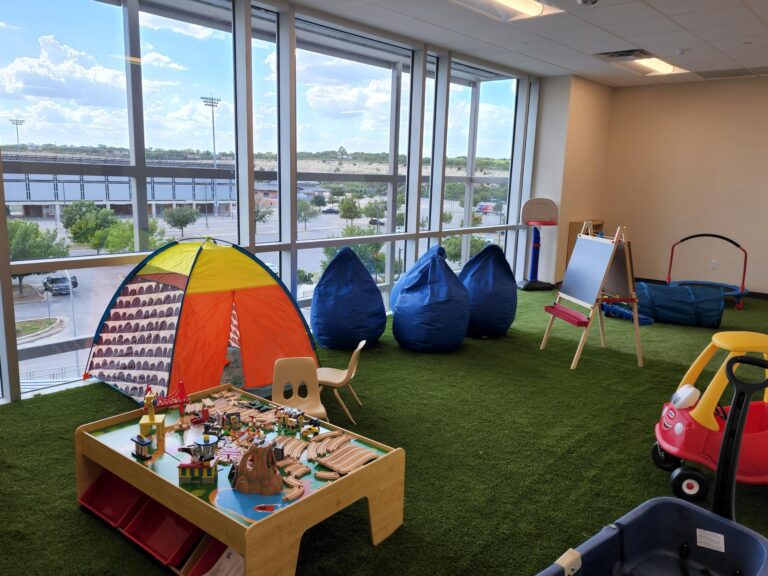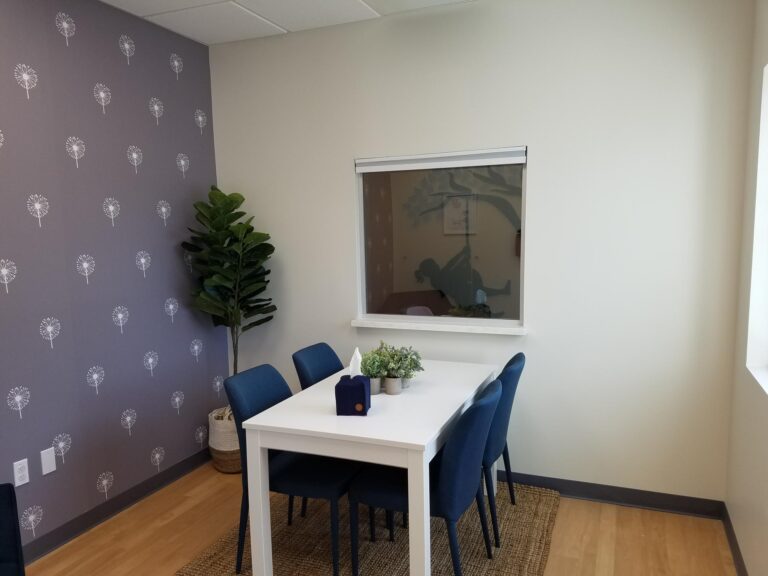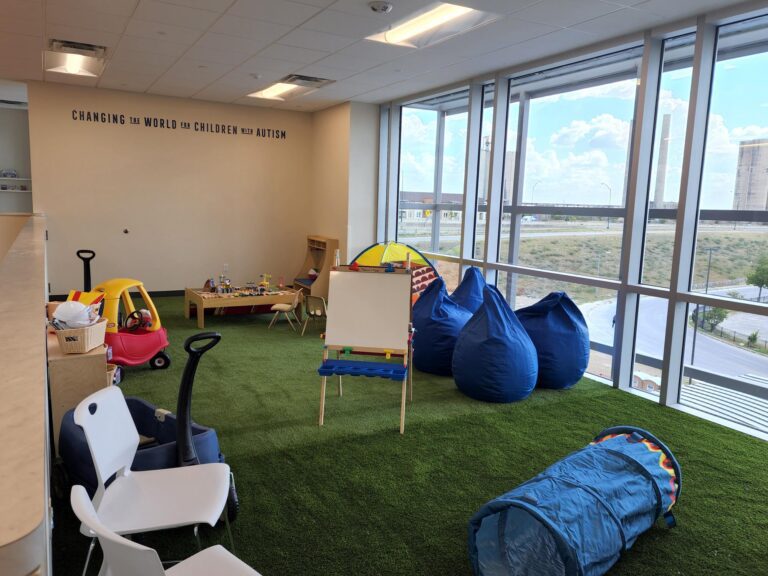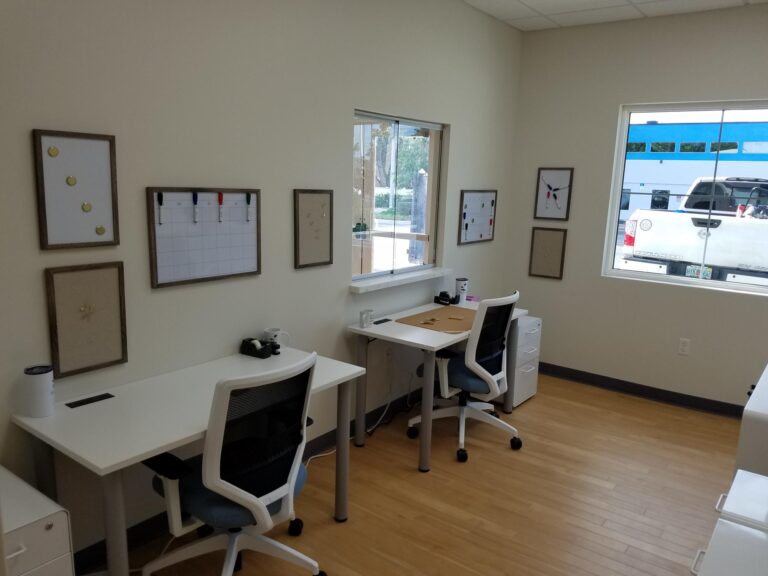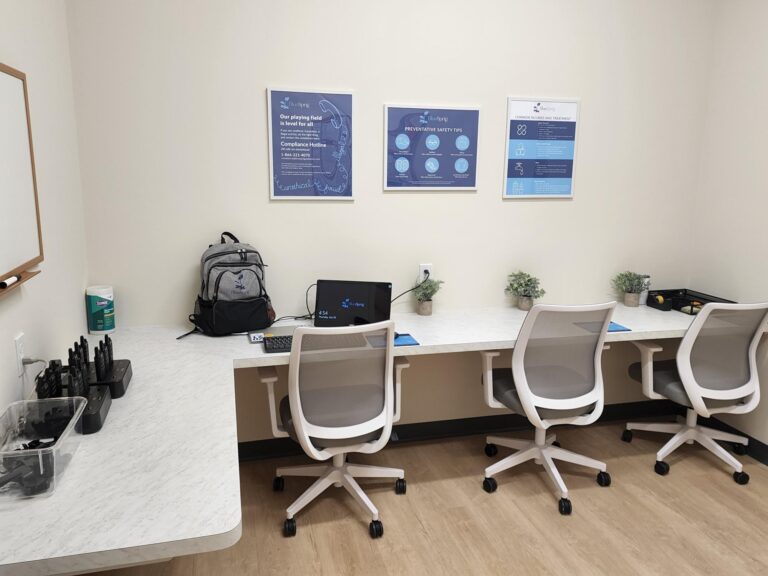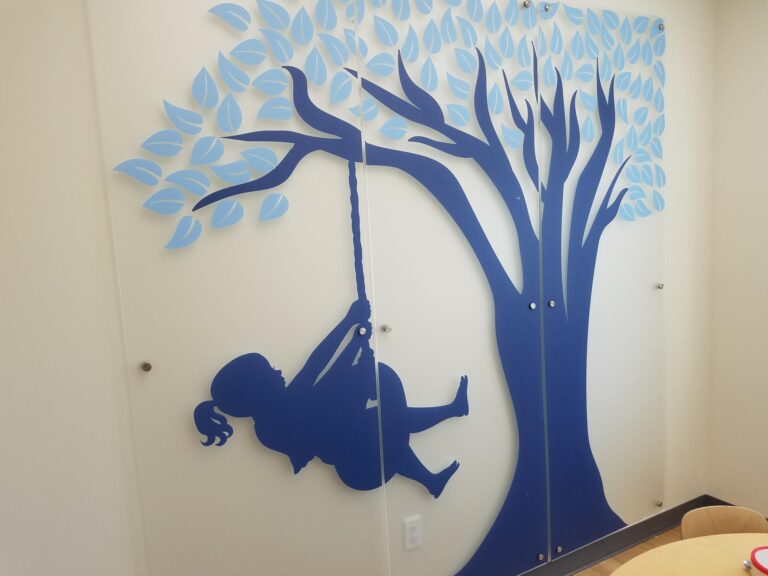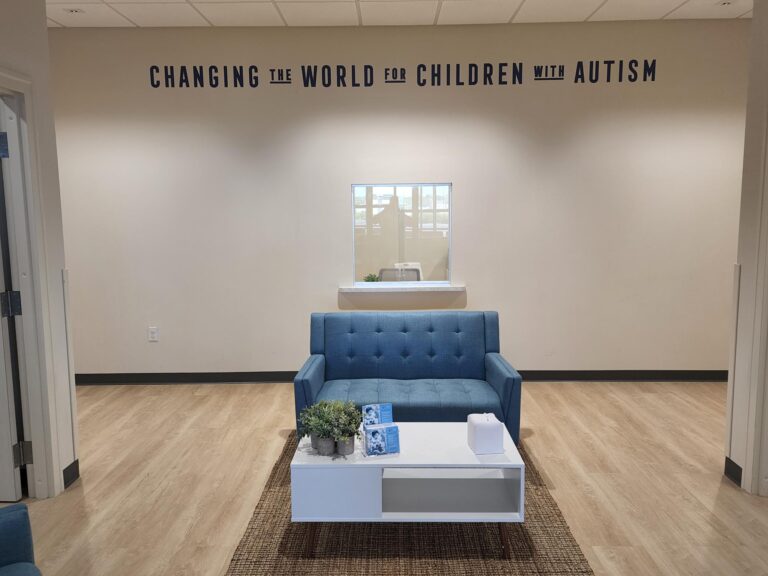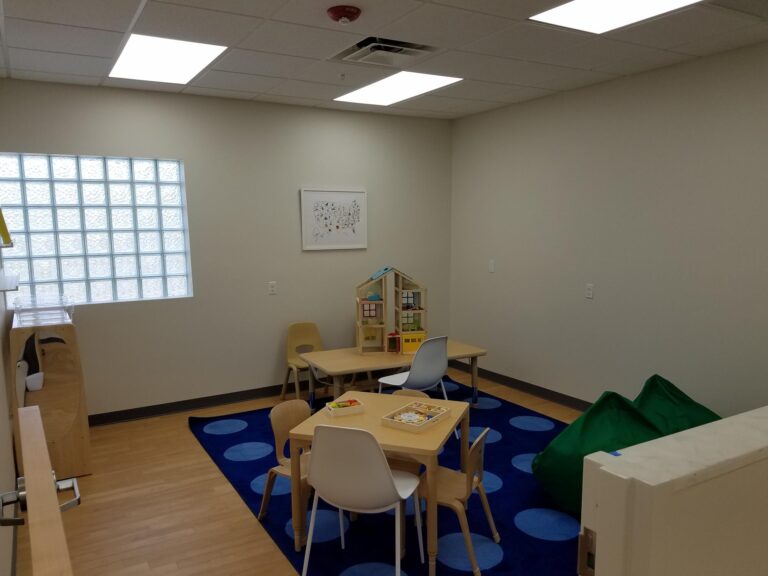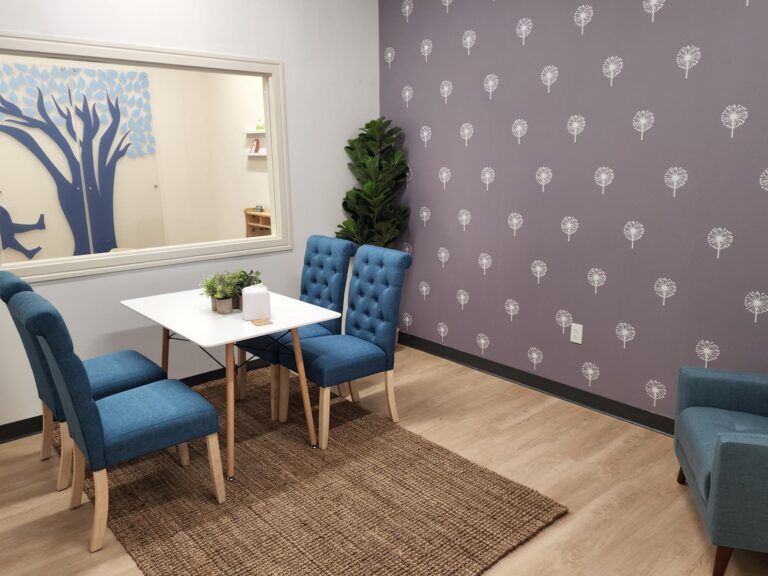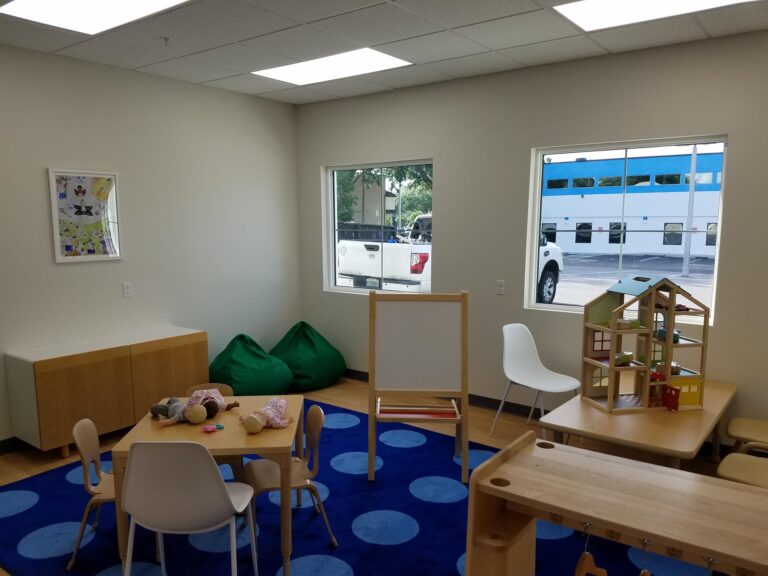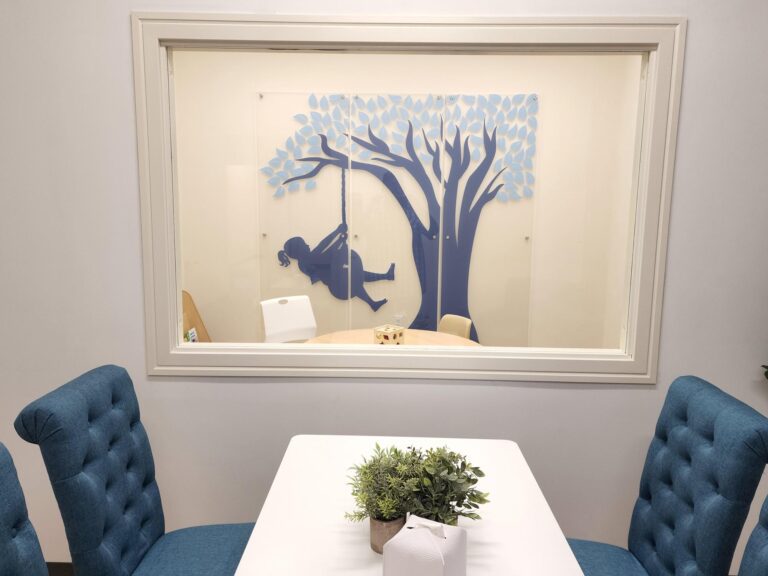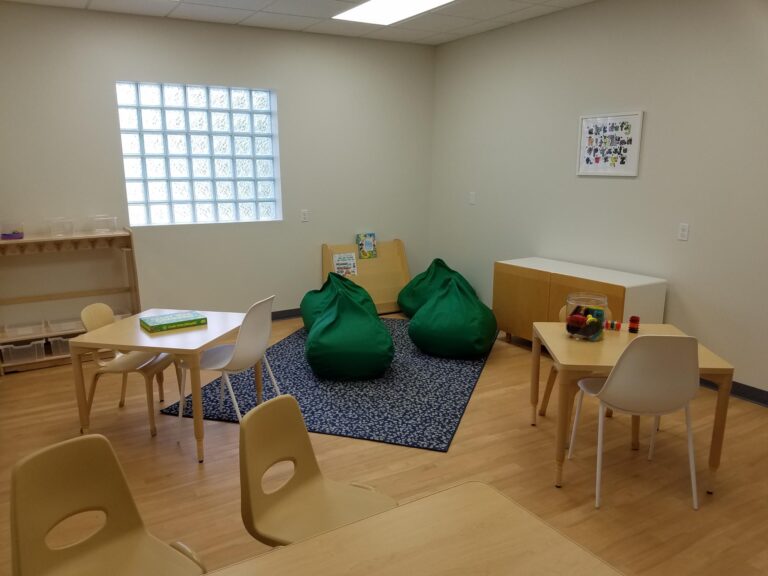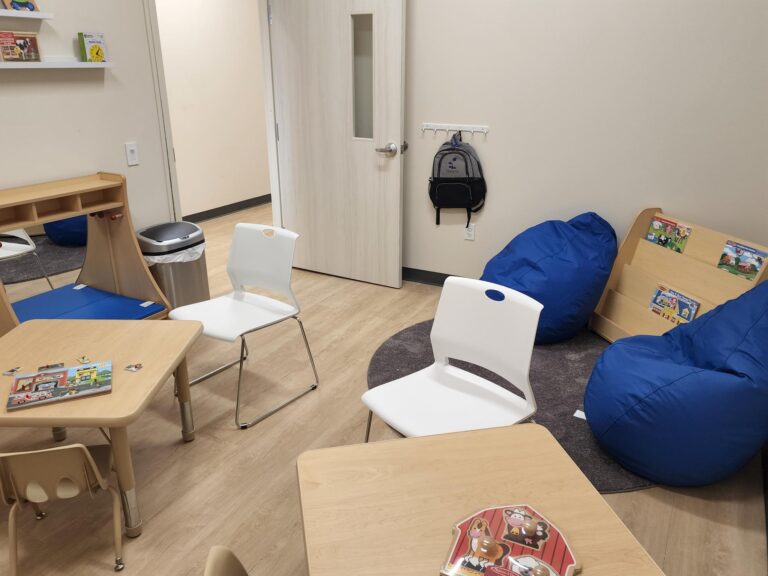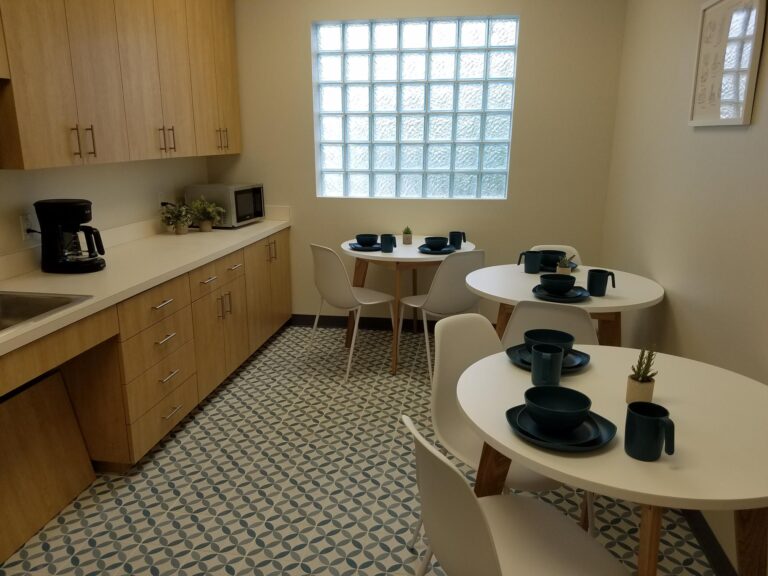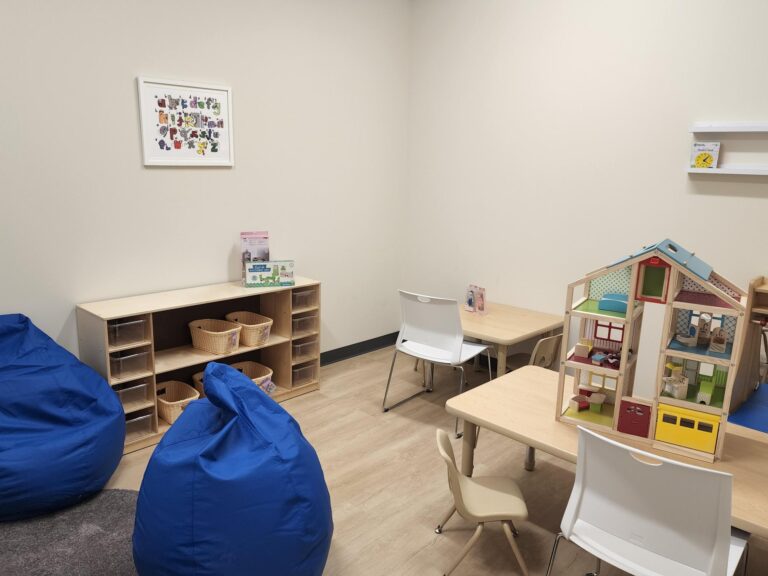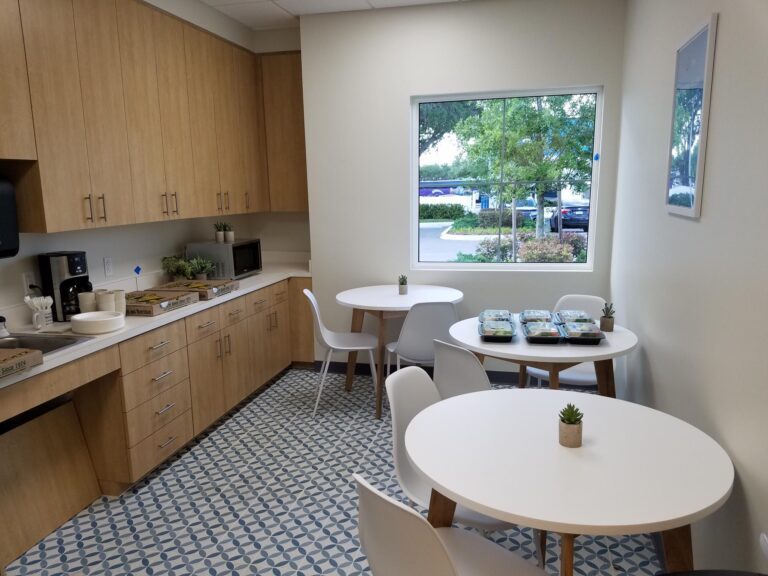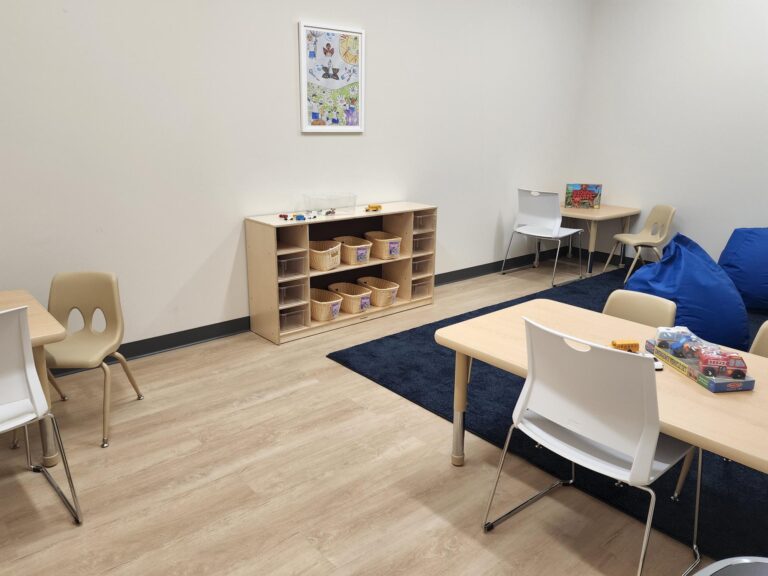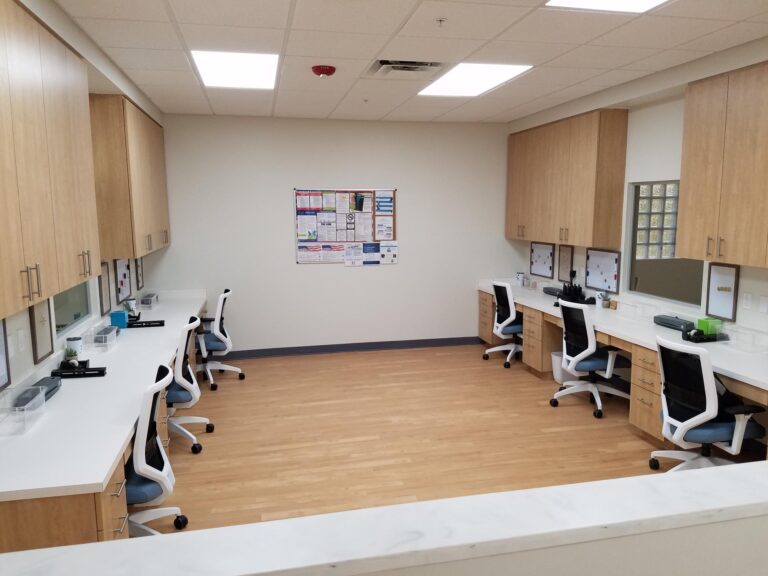Community-Based ABA Therapy
Children with Autism Spectrum Disorder often have difficulty demonstrating skills in different environments. To overcome this, we provide services in a variety of settings, including the community setting. Often a community-based setting may be the most appropriate environment for a child if they are able to learn in a naturalistic environment that is less structured and controlled and/or if the behaviors occur most frequently in the community setting.
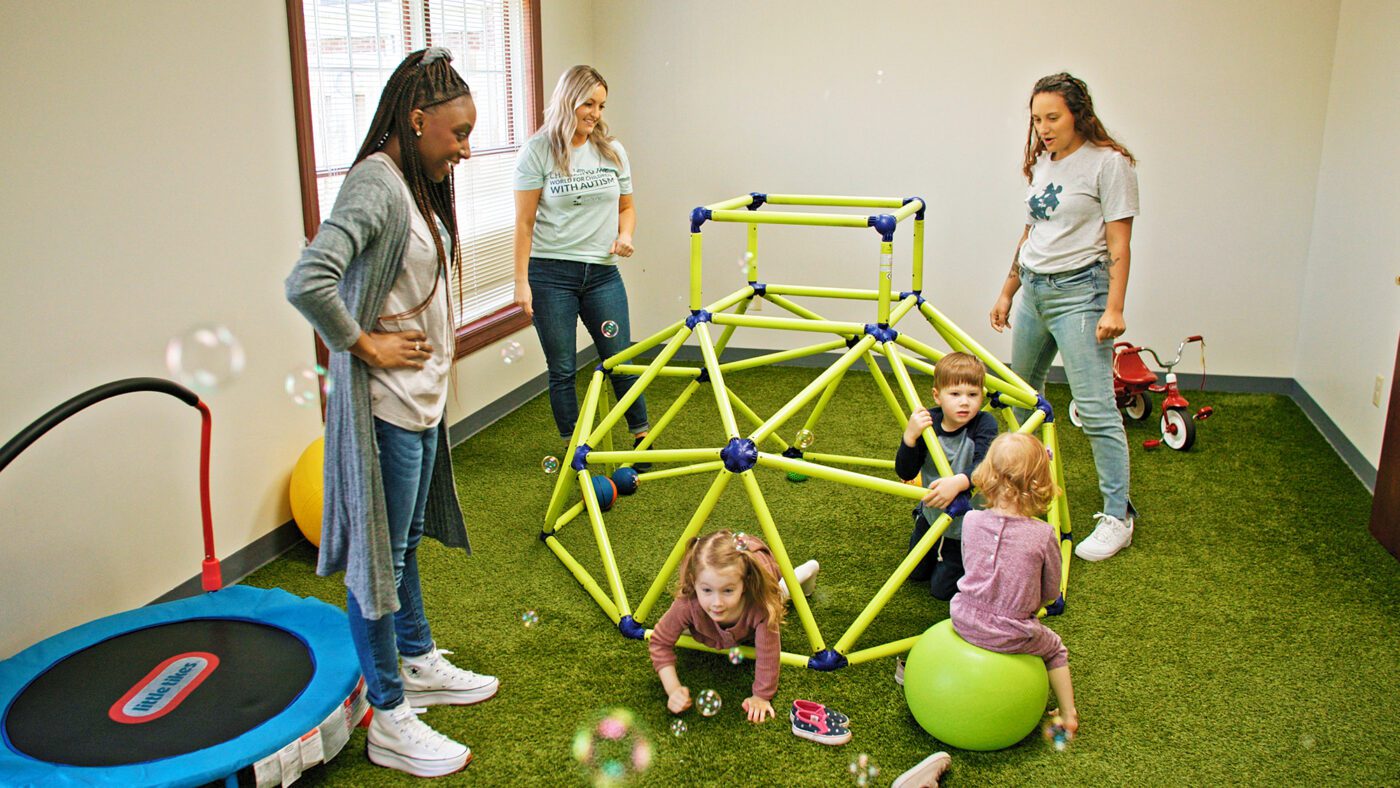
Community-Based ABA Therapy Activities
Our Registered Behavior Technicians continue 1:1 treatment plans in your local community. Some examples of what our Registered Behavior Technicians (RBTs) may work on with your child can be found below.
1. Social Skills Development:
Community-based ABA therapy allows individuals to work on social skills in real-world contexts. For instance, a therapist might accompany a child to a park, where they can practice initiating conversations, sharing toys, and taking turns with peers.
2. Functional Communication:
A therapist can help an individual with communication challenges use functional communication skills (such as using gestures, signs, or a communication device) to request items at a grocery store, order food at a restaurant, or ask for help in public places.
3. Behavior Management:
Community-based ABA therapy enables therapists to address challenging behaviors as they occur. For instance, if a child exhibits tantrums when shopping, the therapist can implement strategies to manage and reduce those behaviors in real time.
4. Generalization of Learning:
Working on skills in various community settings helps individuals generalize what they have learned in therapy sessions to different environments and situations, increasing the likelihood of successful skill transfer.
5. Inclusion in School and Recreation:
Community-based ABA therapy can involve supporting children in inclusive school settings or participating in recreational activities like sports, art classes, or music lessons. This helps foster socialization and engagement with peers.
In summary, community-based ABA therapy capitalizes on real-world contexts to enhance skill acquisition, generalization, and independence for individuals with developmental differences. By practicing skills in familiar environments, individuals are better equipped to navigate daily life and engage meaningfully with their community.
